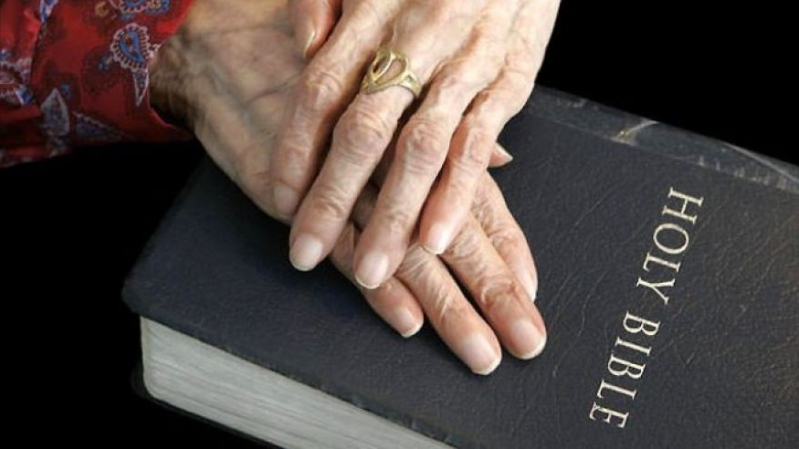
A federal judge in North Carolina has ruled that a county board in that state violated the Constitution when it conducted prayers that were of a Christian nature.
According to Chris Dyches of WNCN, the American Civil Liberties Union and ACLU of North Carolina Legal Foundation filed a lawsuit more than two years ago against the Rowan County Board of Commissioners. The ACLU filed the lawsuit on behalf of North Carolina residents Nancy Lund, Liesa Montag-Siegel and Robert Voelker.
"There are those who will agree with me and those who don't," former commissioner Jon Barber wrote on Facebook after the federal ruling. "This legal ruling will not deter me from my Savior and Lord Jesus Christ."
Dyches reported that according to the complaint, filed in the U.S. District Court for the Middle District of North Carolina, more than 97 percent of board meetings between 2007 and 2013 opened with prayers that were generally Christian in nature. The federal ruling would make a June 2013 injunction permanent, which prohibited commissioners from opening their meetings with prayer "in the name of Jesus."
"The commissioners, who at the time delivered the prayers themselves, routinely called on Jesus Christ and refer to other sectarian beliefs during invocations," Dyches wrote. "Opening invocations have declared that 'there is only one way to salvation, and that is Jesus Christ,' as well as given thanks for the 'virgin birth,' the 'cross at Calvary,' and 'the resurrection.'"
In a news release, the ACLU argued that the Commissioners' prayer practice was "coercive" in nature and just advanced the "sectarian" Christian faith.
"I'm very glad that the court agrees that Rowan County and other local governments should work to be welcoming to residents of all beliefs, and not simply those who share the majority view," Lund said. "Rowan County is home to people of many different beliefs, and I think our officials should embrace that diversity and make public meetings as inclusive as possible."
U.S. District Judge James Beaty elaborated on the details behind his ruling.
"The Board's practice fails to be nondiscriminatory, entangles government with religion, and over time, establishes a pattern of prayers that tends to advance the Christian faith of the elected Commissioners at the expense of any religious affiliation unrepresented by the majority," Beaty wrote.
Beaty pointed out the differences between Rowan County's prayer practice and another in Greece, New York. Unlike Rowan County, the New York town invited clergy and laypersons to deliver prayers in a nondiscriminatory fashion according to ACLU.
"While an all-comers policy is not necessarily required, a nondiscriminatory one is," Beaty wrote. "When all faiths but those of the five elected Commissioners are excluded, the policy inherently discriminates and disfavors religious minorities."
Chris Brook, legal director for the ACLU-NCLF, praised the judge's decision.
"Residents attending public meetings should not have to choose between participating in a religious exercise led by a government official and singling themselves out as a religious minority," Brook said. "The message of today's decision is clear: Rowan County's prayer practice unconstitutionally discriminated against many of its residents, alienating many who simply wanted to play a role in local decision-making."
The ACLU has posted the entire court ruling on its website.







